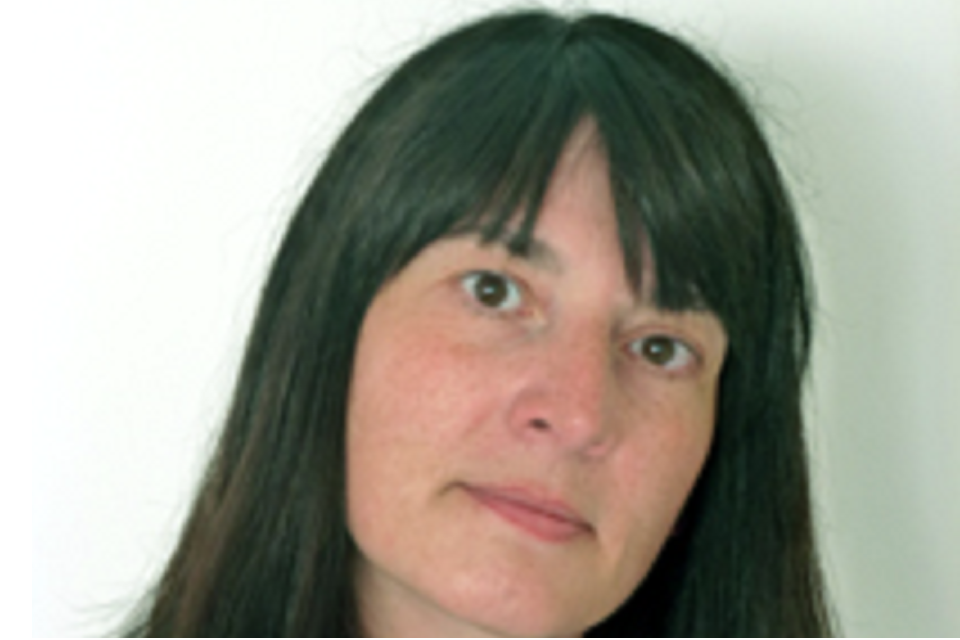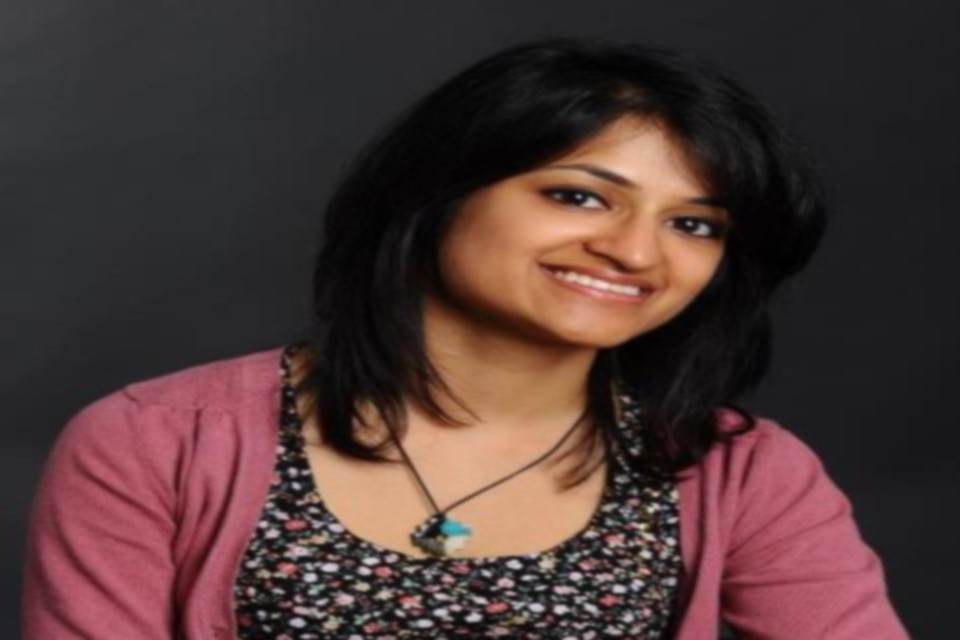Gender in the GES strands
Updated 30 July 2020
Research strand
Focuses on the development of the evidence base around gender equality, diversity and inclusion in the GES and more broadly in economics. The strand aims in particular at investigating and reaching a deeper understanding of the root problems and their solutions, both through qualitative and quantitative research methods. The strand also supports other areas of the initiative by contributing evidence around their work programmes. The main achievement so far have been:
- A survey of the GES profession, including a survey of a comparison group (the Government Social Research profession) and of the GES alumni. In July 2018 we launched the GES Members Survey on Gender Diversity and Inclusion, receiving more than 900 responses.
- A literature review of the drivers around the choice to study economics and to become professional economists.
The Research strand is led by Alice Lazzati (BEIS).

Alice Lazzati, Economist, BEIS. Research Strand Lead
Partnering and Outreach

Urvashi Parashar, Deputy Director, BEIS. Joint Partnering and Outreach Strand Lead
Encouraging women’s interest in economics at a university of choice and in a career within the GES explicitly. The strand also looks at establishing a network of like-minded universities and public and private sector organisations to work together to make economics a more attractive educational choice for women.
The Partnering and Outreach strand is led by Urvashi Parashar (BEIS) and Agnes Estibals (BEIS).

Agnes Estibals, Deputy Director, BEIS. Joint Partnering and Outreach Strand Lead
Retention and Progression
Encouraging best practice across government departments (with respect to retention rates and progression), through the use of initiatives aimed at improving retention rates and aiding with the development of female economists. One of the main objectives of the strand is to create a more inclusive, supportive and representative environment for female economists to work in. This should increase retention rates amongst female economists by encouraging them to continue working in their current roles as economists, as well as, supporting them to progress further in their careers. Our top achievements so far include:
- The creation of the equal gender panels pledge, which was implemented across the GES in autumn 2018.
- The creation of the ‘Top female Economists’ directory which highlights the successes and achievements of female Economists throughout history and during the present day.
The Retention and Progression strand is led by Hannah Manak (MoJ) and Sravya Rao (BEIS).

Sravya Rao, Economist, BEIS. Joint Retention and Progression Strand Lead
Engagement stand
Encouraging women’s interest in economics at a university of choice and in a career within the GES explicitly. The strand looks at reaching out to female students who are studying economics and contemplating a career in Economics to encourage them further and share with them personal insights on what its like to work in the GES. It also looks to establishing a network of like-minded universities and public and private sector organisations to work together to make economics a more attractive educational and career choice for women.
The Engagement strand is led by Urvashi Parashar (BEIS) and Agnes Estibals (BEIS).
Best practice

Hannah Manak, Economist, MOJ. Best Practice Strand Lead
The Best Practice strand is made up of a small group of Economists from a variety of grades and departments and is led by Hannah Manak. The main aim of the strand is to change and standardise workplace practices across departments to create a more inclusive, supportive and representative environment for female Economists to work in. There have been a few successes so far in the strand, including the creation of a “Top Female Economists” directory and the creation and implementation of the equal gender panels pledge which was implemented across the GES in autumn 2018.
